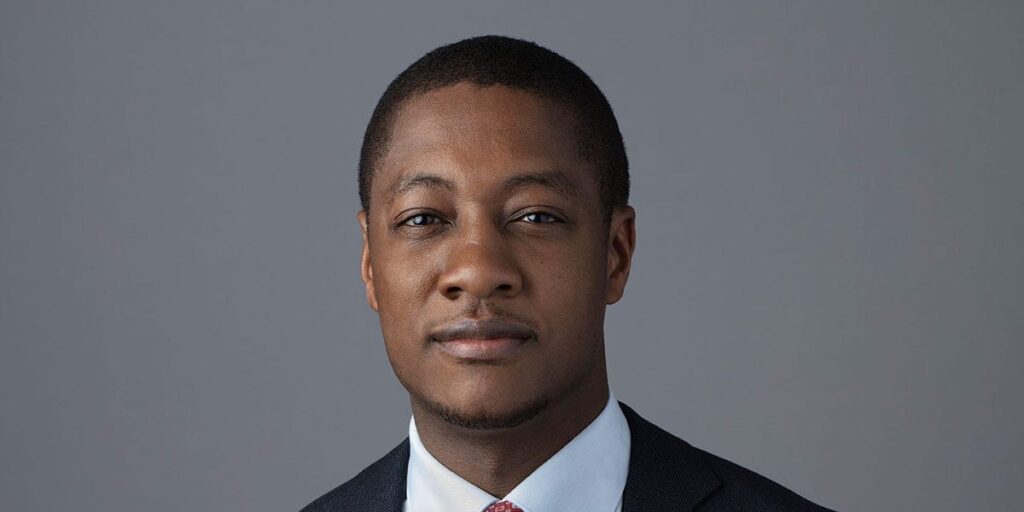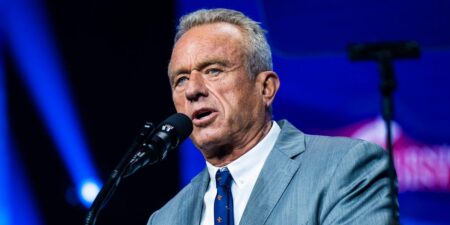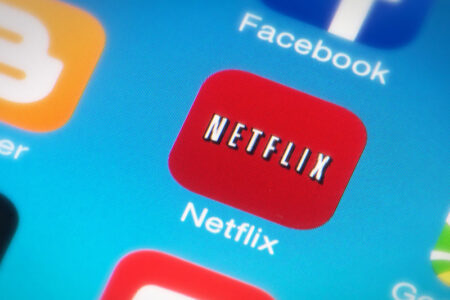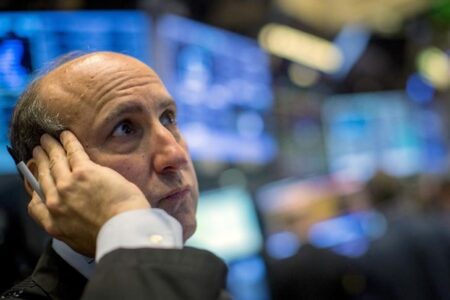Red Lobster’s newly named CEO doesn’t believe in practicing a work-life balance — at least for himself.
Damola Adamolekun, who is set to take over Red Lobster as CEO pending a court approval next month, told Fortune in a 2023 interview that he’s never really “been a person that separated work and life.”
“I worked in banking, so I was working all the time,” he said. “But I liked it. I like what I did; I thought it was interesting.”
Even after his stints in investment banking and private equity, long workdays don’t phase the former CEO of Asian-fusion restaurant chain P.F. Chang’s. Adamolekun previously told Business Insider that he likes to start with a 5 a.m. workout, a 6 a.m. home office start, and work that can extend all the way to dinner with partners, directors, or other executive team members.
In his interview last year with Fortune, Adamolekun said although he didn’t necessarily have to go into the office on a Saturday, sometimes he had ongoing tasks that he just wanted to knock out or look into something.
“So even on a Saturday, I’ll be by my pool, but I’ll still be checking emails or responding to things,” he said. “And it’s me, it’s fine, it doesn’t stress me out.”
Adamolekun is not the first CEO to not practice work-life balance. Other executives have even gone so far as to criticize the phrase. Former Google CEO Eric Schmidt recently claimed that the tech giant’s remote work policy and overfocus on work-life balance was the reason Google was falling behind other AI startups, though he later walked back his remarks after they drew attention.
Others like Jeff Bezos and Microsoft CEO Satya Nadella didn’t necessarily disagree with balancing work and life but rather likened it more to a “work-life harmony” or circle.
However, Adamolekun said that people’s work-life relationship is “an individual thing” and that his hustle-culture tendencies are not necessarily the most effective for everyone.
“Now, if you’re a person who, work stresses you out, then you need to separate the two,” he said. “So you have moments where you’re not stressed, you’re not thinking about work all the time.”
And that’s actually more likely to be the majority of people. In its 2024 global trends report, consulting firm Mercer found that 82% of employees surveyed felt at risk of burnout.
In fact, work psychologist Tina Armasu previously told Business Insider that it’s important to minimize talking about work after you’ve logged off.
“I think you need to know yourself,” Adamolekun said. “And know how you react, how work impacts you.”
Read the full article here
















